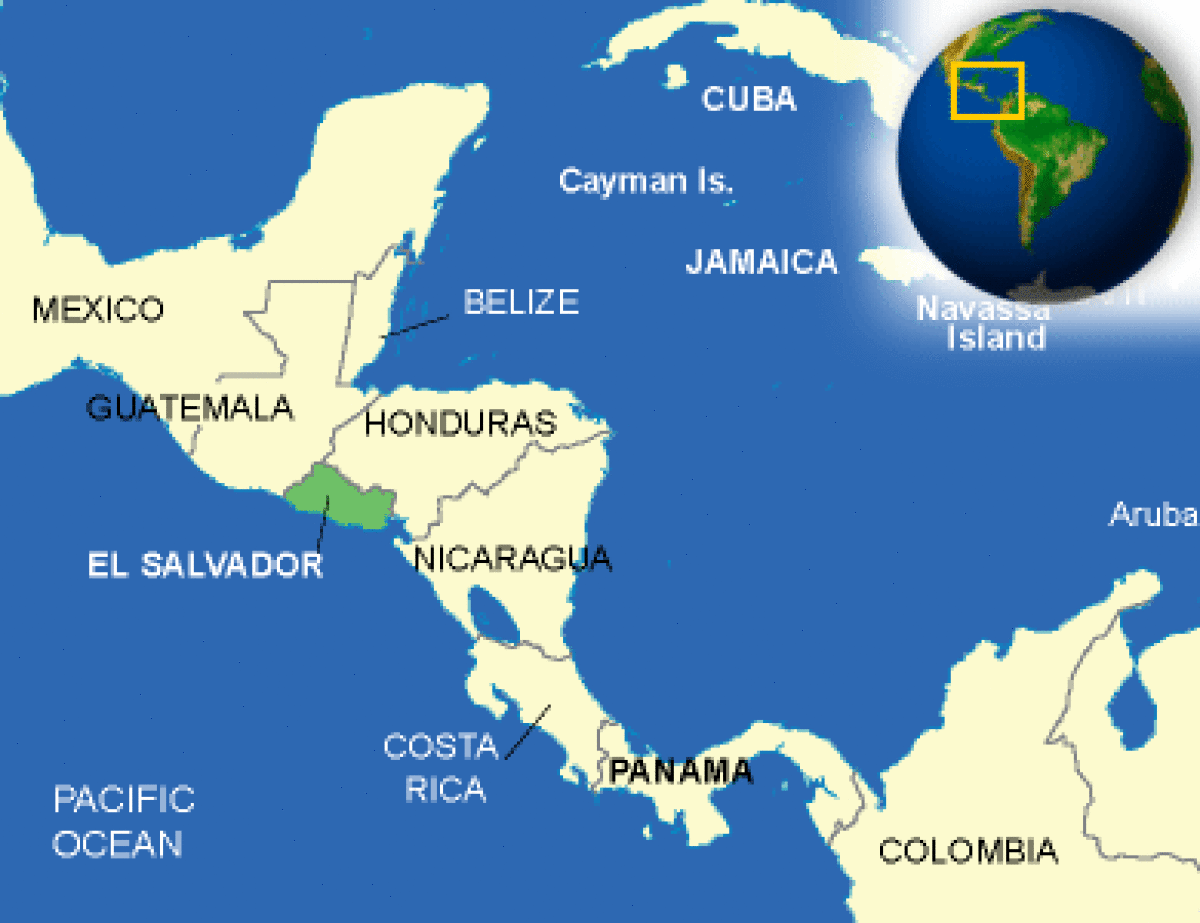When you do not feel safe
I recently read a chronicle from San Salvador, El Salvador. It is from an author who
interviewed her neighbor about their family’s sense of security and her daughter’s job loss. The neighbor, who is from the working class, tells of how her daughter recently quit her job. She did not quit due to the desire to be at home with her son, nor the fact that she had enough money. Instead, she quit because every day, despite having a body guard with her during work hours, she was under threat of gangs attacking her. Now, the family is attempting to find a way to continue, with one less income.
This anecdotal real life story sheds light on the prevalence of gangs and how greatly they are affecting majorities of populations in Latin American countries. This family is struggling to afford food, but as the mother says, she would rather have her daughter out of work, than dead. Even the author, a member of the upper class, who does not feel the severity of gang violence on a daily basis, concedes that she is beginning to feel the same as the mother. The conclusion, and title of the chronicle, is “Este país ya no sirve para vivir.” (This country no longer is suitable to live in.)
If you wish to read this chronicle by Laura Aguirre: http://www.elfaro.net/es/201602/opinion/17986/Este-pa%C3%ADs-ya-no-sirve-para-vivir.htm
Coming from a school where we leave our laptops in the library when we go to eat, or may forget to lock our dorm rooms, this type of story is difficult for me to even begin to understand or relate to the family. More so, coming from a small rural town where doors are often left unlocked, it peaked my interest to attempt to understand this phenomenon in Latin America. When I began to look more into the issue of gang violence in El Salvador, I found, somewhat no surprisingly, US involvement as a cause.
 According to a NPR report from October 2015, El Salvador now has a daily average of 30 homicides daily, in a population less than the size of New York. The two gangs are MS-13 and rival Barrio 18 and they are rampant throughout the country. The origin of the gangs is in the El Salvador Civil War in the 1980-1990s when there was mass migration to Los Angeles and the US. In order to defend themselves as Latinos and El Salvadorians, they formed into gangs in LA; however, the US began to ship convicted gang members back to El Salvador, and with them went their gang affiliations.
According to a NPR report from October 2015, El Salvador now has a daily average of 30 homicides daily, in a population less than the size of New York. The two gangs are MS-13 and rival Barrio 18 and they are rampant throughout the country. The origin of the gangs is in the El Salvador Civil War in the 1980-1990s when there was mass migration to Los Angeles and the US. In order to defend themselves as Latinos and El Salvadorians, they formed into gangs in LA; however, the US began to ship convicted gang members back to El Salvador, and with them went their gang affiliations.
Not only are they finding the rate of violence to continue to increase as the gangs grow and the polarization increases, but also they are recruiting at younger ages with the average age of initiation averaging from age 12 to 16. In addition, violence against wom en is increasing and they are finding that gangs treat women in a “Neolithic” way as NPR states.
en is increasing and they are finding that gangs treat women in a “Neolithic” way as NPR states.
The gangs in El Salvador serve as an example of the cyclical nature of poverty
and marginalization. Young boys and girls grow up in broken homes where they want to have a sense of belonging, as well as security. In a distorted way, they receive security from gangs, despite the great risk of dying and the violent acts they are required to commit. There is a great lack of resources and funding from global organizations who have other priorities to these small and often forgotten countries. This leaves the poor and marginalized to have to live in a figurative hell, their plight unbeknownst to most of the world.
http://www.npr.org/sections/goatsandsoda/2015/10/05/445382231/how-el-salvador-fell-into-a-web-of-gang-violence